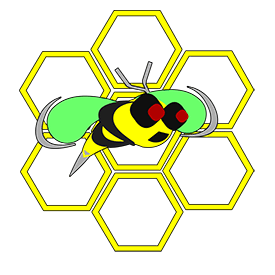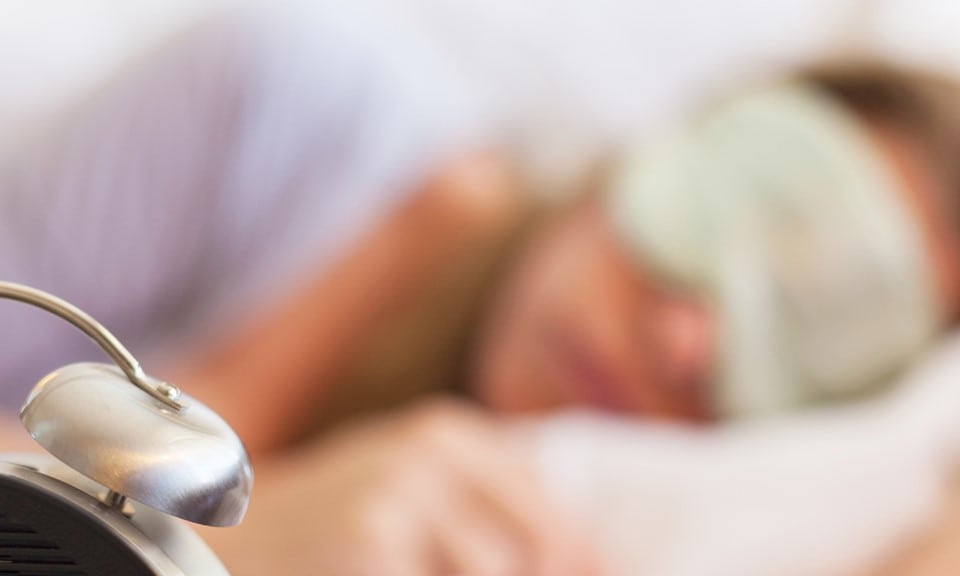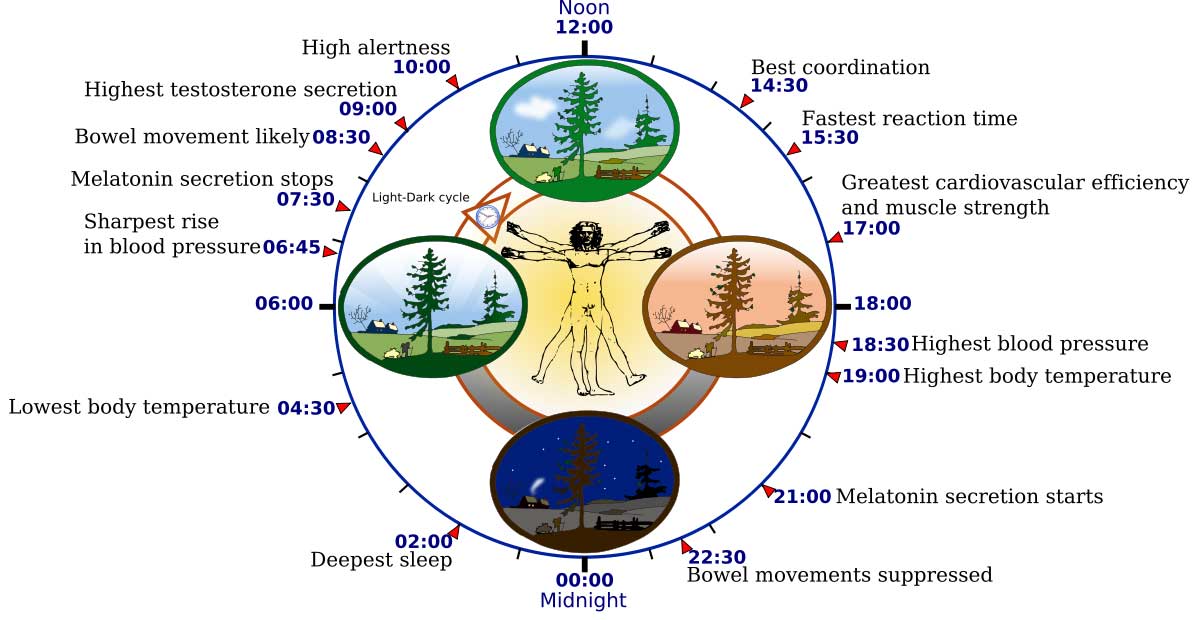- Your cart is empty
- Continue Shopping
Resetting your Biological Clock
Resetting your Biological Clock
How the Endocannabinoid System Affects Our Circadian Rhythm
Our circadian rhythm, or internal clock, helps to control much more than just our “sleep-wake” cycles. In fact, many tissues and cells throughout the body operate around this biological clock that changes how they metabolize glucose, amino acids, fats and other fuels. Moreover, most cells in the body also change how they respond to various hormonal and environmental signals based on where they are in the clock. These very signals of light, food intake, hormones and sleep also alter the body’s biorhythm in turn. Essentially, it is a two-way street where the existing rhythm of the body’s clock alters whole-body metabolism and physiology on the one hand, and environmental cues exert influence to regulate and help “set the time” on these biological clocks on the other hand. Smoking cannabis when you are having trouble sleeping can help get your sleep on track. From my experiences cannabis Can Reset you Circadian Rhythm.
What are circadian rhythms?
What are circadian rhythms?
Circadian rhythms are physical, mental, and behavioral changes that follow a daily cycle. They respond primarily to light and darkness in an organism’s environment. Sleeping at night and being awake during the day is an example of a light-related circadian rhythm. Circadian rhythms are found in most living things, including animals, plants, and many tiny microbes. The study of circadian rhythms is called chronobiology. Illustration of a human brain with the suprachiasmatic nucleus labelled. Credit: NIGMS.
What are biological clocks?
Biological clocks are an organism’s innate timing device. They’re composed of specific molecules (proteins) that interact in cells throughout the body. Biological clocks are found in nearly every tissue and organ. Researchers have identified similar genes in people, fruit flies, mice, fungi, and several other organisms that are responsible for making the clock’s components.
Are biological clocks the same thing as circadian rhythms?
No, but they are related. Biological clocks produce circadian rhythms and regulate their timing.
What is the master clock?
A master clock in the brain coordinates all the biological clocks in a living thing, keeping the clocks in sync. In vertebrate animals, including humans, the master clock is a group of about 20,000 nerve cells (neurons) that form a structure called the suprachiasmatic nucleus, or SCN. The SCN is located in a part of the brain called the hypothalamus and receives direct input from the eyes.
Does the body make and keep its own circadian rhythms?
cNatural factors within the body produce circadian rhythms. However, signals from the environment also affect them. The main cue influencing circadian rhythms is daylight. This light can turn on or turn off genes that control the molecular structure of biological clocks. Changing the light-dark cycles can speed up, slow down, or reset biological clocks as well as circadian rhythms.
Do circadian rhythms affect body function and health?
Yes. Circadian rhythms can influence sleep-wake cycles, hormone release, eating habits and digestion, body temperature, and other important bodily functions. Biological clocks that run fast or slow can result in disrupted or abnormal circadian rhythms. Irregular rhythms have been linked to various chronic health conditions, such as sleep disorders, obesity, diabetes, depression, bipolar disorder, and seasonal affective disorder.
How are circadian rhythms related to sleep?
Circadian rhythms help determine our sleep patterns. The body’s master clock, or SCN, controls the production of melatonin, a hormone that makes you sleepy. It receives information about incoming light from the optic nerves, which relay information from the eyes to the brain. When there is less light—like at night—the SCN tells the brain to make more melatonin so you get drowsy. Researchers are studying how shift work as well as exposure to light from mobile devices during the night may alter circadian rhythms and sleep-wake cycles.


